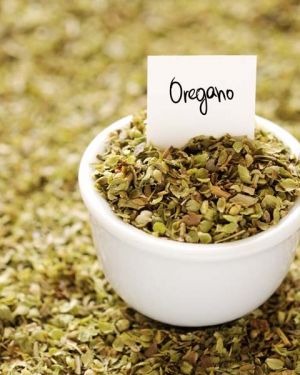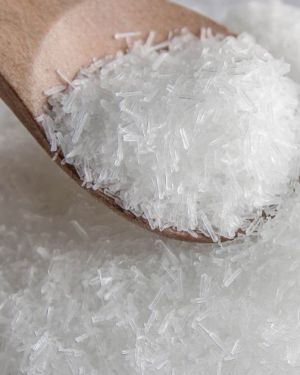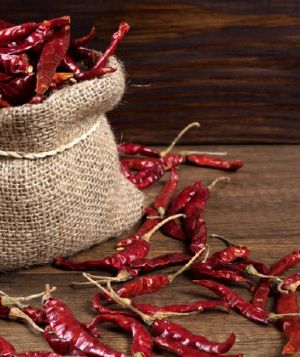Coriander (cotomili) is an aromatic Mediterranean plant in the parsley family. The leaves and seeds are also culinary herb. It was once used as an aromatic and carminative, such as to mask the unpleasant taste and odor of medicine.
What does it taste like?
The flavor and aroma of it’s seeds are both pleasingly flowery and citrusy. Many recipes call for the spice since it complement most dishes so nicely. The taste of the plant’s leaves and its seeds are entirely dissimilar and cannot be swapped for one another. Fresh cilantro (cotomili) has an unpleasant flavor and, to some people, a soapy flavor.
Health Benefits
Coriander (cotomili) contains a lot of vitamins, minerals, and antioxidants. Vitamin K, is essential for assisting with blood clotting, is abundant in the leaves and seeds of coriander. Additionally, vitamin K aids in bone healing, assisting in the prevention of conditions like osteoporosis. Evidence also suggests that vitamin K may help reduce your risk of developing heart disease.
1. Inflammation
The ability of coriander (cotomili) to aid in the body’s reduction of inflammation seems promising. Inflammation is related to a number of unpleasant diseases. Coriander’s (cotomili) antioxidants have been related to decreased inflammation as well as inhibited cancer cell proliferation.
2. Blood Sugar Level
Coriander (cotomili) seeds drastically lower blood sugar in diabetics. According to recent studies, it aids in the activation of the enzymes that your body needs to properly handle blood glucose. While additional research is required, increasing coriander (cotomili) consumption may be advantageous for those with high blood sugar.
Storage
Store coriander (cotomili) in airtight containers away from light and heat. Fresh cilantro (cotomili) doesn’t last long, and you’ll need to store it in the refrigerator. One method is to put it in an air-filled, securely closed plastic bag in the vegetable crisper section of your refrigerator.









Reviews
There are no reviews yet.